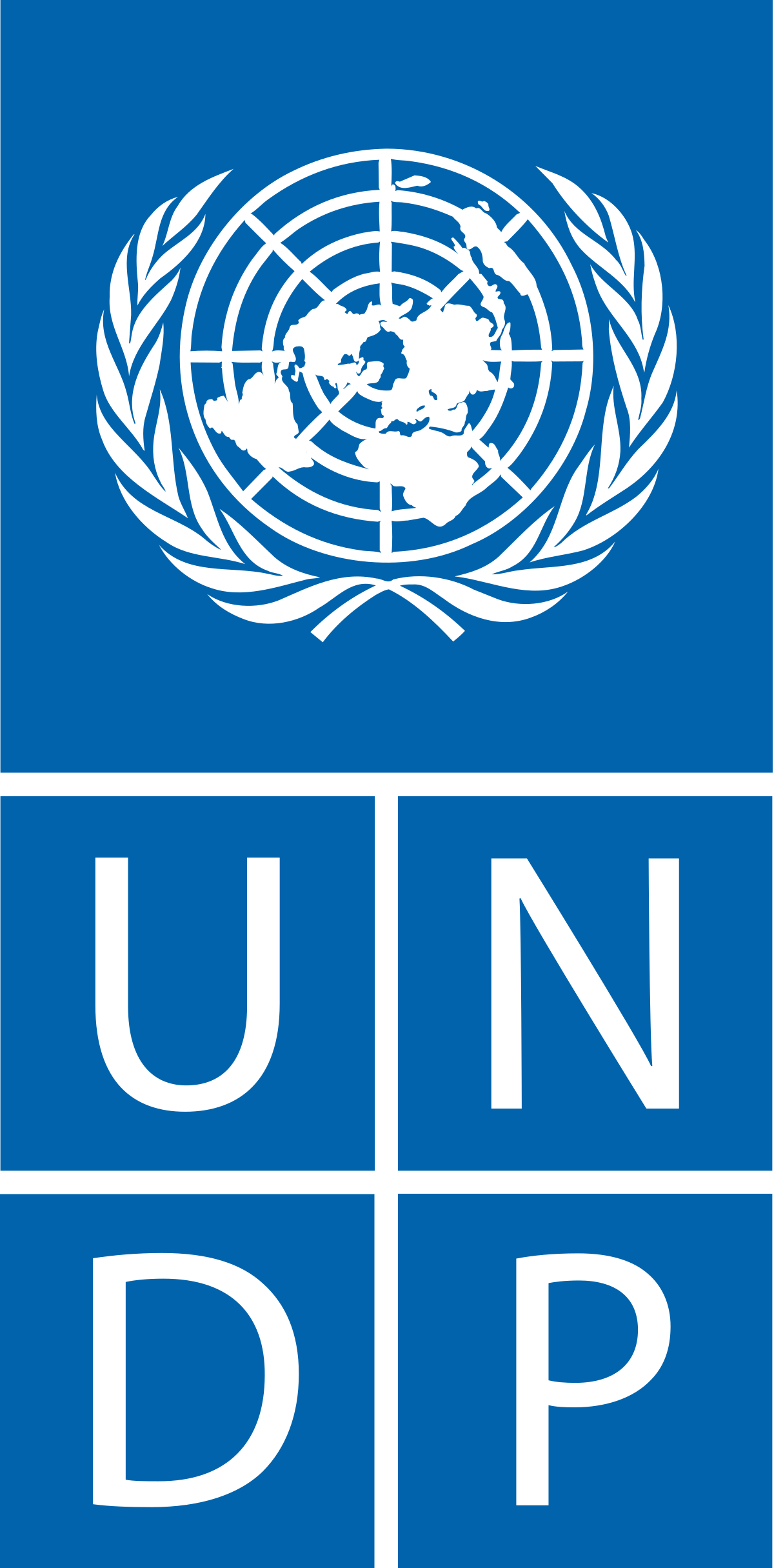The UNDP is the United Nations agency dedicated to international development. Operating in 170 countries and territories, the organization works to eradicate poverty and reduce inequalities globally. We assist countries in developing policies, enhancing leadership capacities, establishing partnerships, and building strong institutions to achieve the Sustainable Development Goals (SDGs). Our work focuses on six key areas, known as flagship solutions: poverty and inequalities, governance, resilience, environment, energy, and gender equality.
Mission and Vision
The UNDP’s mandate is to end poverty, promote democratic governance, the rule of law, and inclusive institutions. We advocate for change and connect countries with the knowledge, experience, and resources necessary to help people build better lives.
The Charter of the United Nations
The Charter of the United Nations was signed in San Francisco on June 26, 1945, and came into force on October 24, 1945. Its purposes and principles are to maintain international peace and security, develop friendly relations among nations based on equality and self-determination, and achieve international cooperation to address economic, social, cultural, or humanitarian issues, without distinction of race, sex, language, or religion.
History
The UNDP originated from the merger of the United Nations Expanded Programme of Technical Assistance, established in 1949, and the United Nations Special Fund, created in 1958. The UNDP, as we know it today, was established in 1965 by the UN General Assembly.
The UNDP plays a crucial role in supporting countries’ efforts to build a more inclusive and sustainable future, actively contributing to the achievement of the Sustainable Development Goals.
- Current Events
- Upcoming Events
- Past Events



